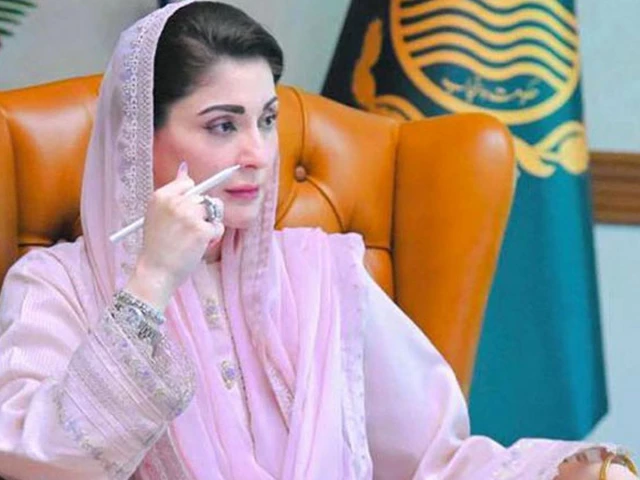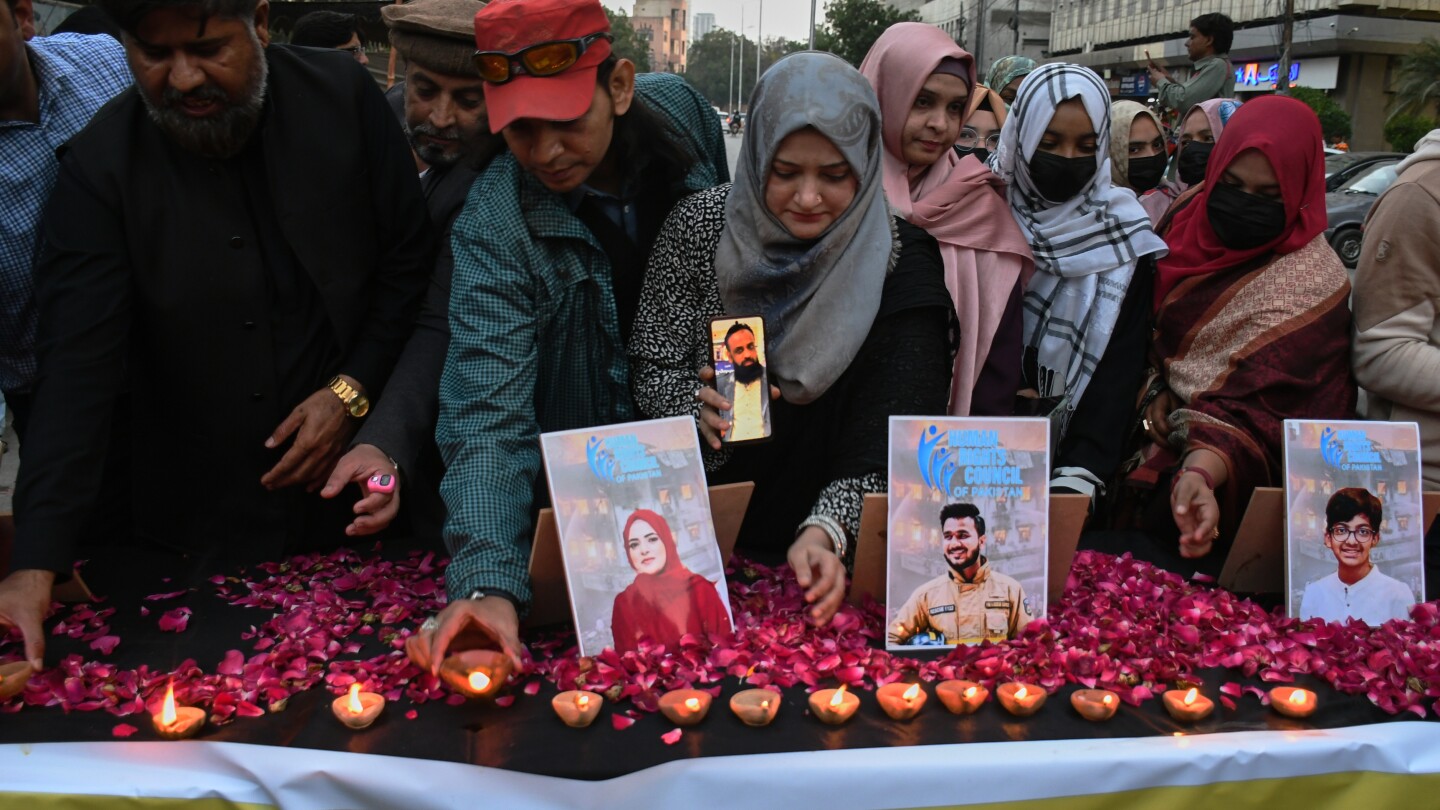- CM announces introduction of telemedicine system Business Recorder
- Maryam Nawaz inaugurates cath lab project at Jhang DHQ Hospital Dunya News
- Free cancer, stroke, cardiac treatment schemes approved The Express Tribune
- Historic health reforms…
Category: 1. Pakistan
-
CM announces introduction of telemedicine system – Business Recorder
-

Telemedicine, cardiac care for Punjab
LAHORE:Punjab Chief Minister Maryam Nawaz Sharif has announced a plan to…
Continue Reading
-
Pakistan flags Kashmir, Palestine at UN crimes against humanity treaty preparatory panel
- Islamabad’s envoy Zulfiqar Ali urges end to impunity for atrocity crimes, citing abuses in occupied Kashmir, Palestine
- Calls accountability key to victims’ dignity as treaty on Crimes Against Humanity under UN drafting
- Rejects India’s…
Continue Reading
-
Death toll in Karachi mall fire climbs to around 50, official says – Reuters
- Death toll in Karachi mall fire climbs to around 50, official says Reuters
- 30 bodies recovered from single shop following deadly fire at Karachi’s Gul Plaza Dawn
- Gul Plaza fire: How a deadly inferno exposed Karachi’s safety failures Al…
Continue Reading
-
Analyst hails government’s vision to lift Pakistan as a global economic player – RADIO PAKISTAN
- Analyst hails government’s vision to lift Pakistan as a global economic player RADIO PAKISTAN
- PM Shehbaz arrives in Davos for World Economic Forum Dawn
- Pakistan moving forward with ‘sense of achievement and progress’, PM Shehbaz says on WEF’s…
Continue Reading
-
Fawad Rana wins messy arbitration against brothers Atif and Sameen over Lahore Qalandars ownership – Profit by Pakistan Today
- Fawad Rana wins messy arbitration against brothers Atif and Sameen over Lahore Qalandars ownership Profit by Pakistan Today
- Tribunal rules against current management of Lahore Qalandars Dawn
- Atif and Sameen Rana Ordered by Arbitrator to Pay Rs….
Continue Reading
-
CM Punjab announces telemedicine system, cardiac surgery services in Jhang – RADIO PAKISTAN
- CM Punjab announces telemedicine system, cardiac surgery services in Jhang RADIO PAKISTAN
- CM announces introduction of telemedicine system Business Recorder
- Maryam Nawaz inaugurates cath lab project at Jhang DHQ Hospital Dunya News
- Free cancer,…
Continue Reading
-
Dozens of body parts are found after Pakistan's shopping plaza fire – The Washington Post
- Dozens of body parts are found after Pakistan’s shopping plaza fire The Washington Post
- At least 20 bodies found at single shop as rescuers comb through wreckage of Karachi’s Gul Plaza Dawn
- Foreign missions express condolences over Gul Plaza…
Continue Reading
-
Pakistan set for rapid growth in key sectors: PM Shehbaz – RADIO PAKISTAN
- Pakistan set for rapid growth in key sectors: PM Shehbaz RADIO PAKISTAN
- PM Shehbaz arrives in Davos for World Economic Forum Dawn
- Pakistan moving forward with ‘sense of achievement and progress’, PM Shehbaz says on WEF’s sidelines The Express…
Continue Reading
-

Dozens of body parts are found after Pakistan’s shopping plaza fire
KARACHI, Pakistan (AP) — The toll from a deadly fire at a shopping plaza in Pakistan’s largest city could rise sharply after Wednesday’s discovery of body parts thought to belong to over a dozen…
Continue Reading